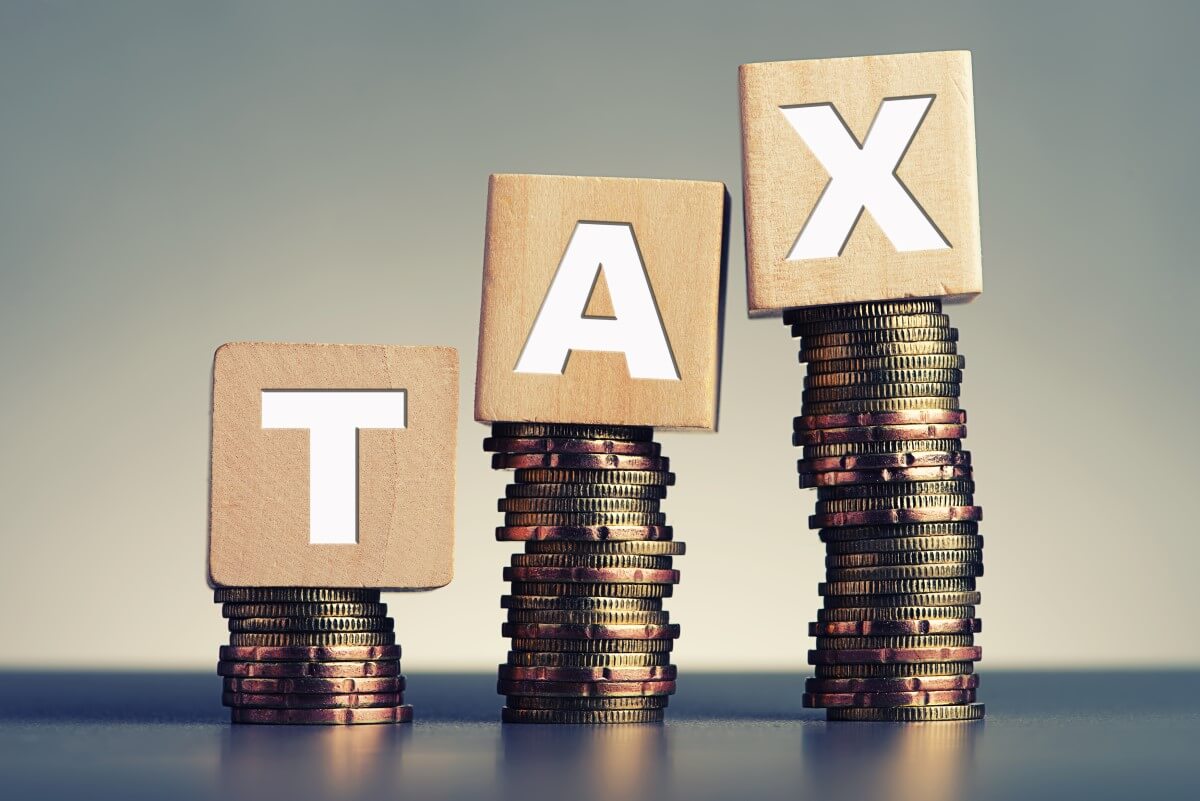
Planning your taxes
Taxes are of course something you cannot avoid paying attention to. If you are not careful, the deductions you make from your annual earnings can be quite considerable come tax season. For this reason, planning ahead for your tax invoices is an important way to ensure that for your future financial state health. In the following article, we will list a few sure ways in which you can mindfully plan for your taxes.
The principle goal of tax planning is to minimise expenses on tax and thus maximise your take-home income. In other words, it is based on the ideal of tax efficiency. To make the process simpler for you, most of the methods we will mention involve investing in a fund. Therefore, you will be able to plan your taxes involving yourself too much in the details and overwhelming yourself.
Retirement Saving Funds
The most popular method for reducing your taxes is by investing in a retirement plan. These make your taxpaying obligations simple. They usually involve opening an Individual Retirement Account (IRA) or a 401(k) plan (another pension plan). Once you invest in one of these accounts, the investment you make for the year is deducted from your tax obligations. They will then allow you to make your necessary tax payments once you make withdrawals from the account (usually on retirement). If the deductions are made too early though, the IRS is likely to issue a 10% penalty for early withdrawals.

While IRAs are more likely to be personal accounts, 401(k)s are more often offered by large companies for their employees. The downsides of this of course is that the employer has more control over your account. If you are moving to a new employer you may or may not be able to move the funds from the 401(k) to a new account. This depends on the policies of your current and prospective employers. A further difference between the two is that a 401(k) allows for a much greater contribution per annum. This means your tax payments will also be lowered. The governments treat the withdrawals from retirement funds solely as regular income tax, so no capital gains tax must be paid. The overall tax payments made will thus be lower in the long-term.
Roth IRA
We advise you that you should be careful when choosing an IRA to invest in. This is because an IRA can come in two different varieties. One is the traditional account we have already informed you on, where taxation is only necessary on withdrawal. The other variety is a Roth IRA, which has the opposite conditions. Tax must be paid on every annual contribution to the fund, but withdrawals are generally tax-free. The value of these payments is calculated after taxes are paid, meaning more measures can be taken to ensure savings are made by the fund. This could mean greater profits made in Roth IRAs in the long-run. However, the investments made into these funds have a higher ceiling for entry than traditional IRAs.
Tax-efficient mutual fund
If you are unable to invest in a retirement savings fund, another option available to you is a tax-efficient mutual fund. These are likely to be smaller funds or funds with less stringent management. These could usually be an index or exchange-traded fund. These are funds in which you can make deposits to ensure lowered taxation. The downside to them is that unlike other investment funds, there are lower profits in terms of capital gains or dividends relative to other funds. The funds do this intentionally, as they make
 investments into less profitable assets to ensure lower rates of tax. The investments they make can include investing in municipal bonds, generally high income-generating stocks, and keeping stocks for the long-term.
investments into less profitable assets to ensure lower rates of tax. The investments they make can include investing in municipal bonds, generally high income-generating stocks, and keeping stocks for the long-term.
Tax Gain-Loss Harvesting
There are two primary varieties of tax based on the capital made on an investment. This can be a short-term gain for an investment made on an asset over the course of or under the course of a year. Or it can be a long-term gain, which exceeds this time limit. Short-term gains are taxed as any regular income. You cannot use short-term gains to offset short-term losses unfortunately. Long-term gains, however, require far smaller payments in tax.
You can deduce long-term capital losses you may have had from the payments you have to make for long-term taxation. If you sell unpromising long-term capital investments, whose losses may surpass your tax owed on profits, you can ensure virtually no taxation to your account. You can use this method to offset the higher prices required by short-term gains but can equally be used for short-term gains. Timing is thus an important aspect of this strategy.
Municipal Bonds
Many municipal bonds are completely exempt from tax payments, which is quite in contrast to corporate bonds. Municipal bonds involve issuing a loan for a governmental body for the use of public projects, usually those involving construction. Private bodies will then fund these projects. By contrast, someone investing in corporate bonds will be required to pay some form of tax.
You may have to take pause before investing in a municipal bond though, as they are far more susceptible to effects from nation-wide economic trends. This effect is primarily represented by changes in interest
 rates. You should also be aware that not all issued municipal bonds allow for tax exemption once profits are made. You will need to pay close attention to which municipal you want to invest in before you commit.
rates. You should also be aware that not all issued municipal bonds allow for tax exemption once profits are made. You will need to pay close attention to which municipal you want to invest in before you commit.
Irrevocable Trust
Irrevocable trusts can be used for ensuring efficiency when it comes to investment considerations for your estate and your tax obligations. This type of trust does not allow an investor any power over the conditions of their investment once it has been made and cannot annul it. In return they are exempt from any legal ownership of assets the trust may invest in. They are thus exempt from taxation on said estate.
Even though you may not directly control your funds within an investment fund, you should pay close attention to where you put them, your timing, and the size of said funds. You can use many of these strategies in tandem, which we encourage you to do, to ensure minimizing your expenses. Since the savings made are largely proportional to your income, exploring these options is recommended for individuals with high incomes. This is due to the fact that the savings you make will be much larger, and thus more efficient investments in the long-term.
-
Support
-
Platform
-
Spread
-
Trading Instrument




